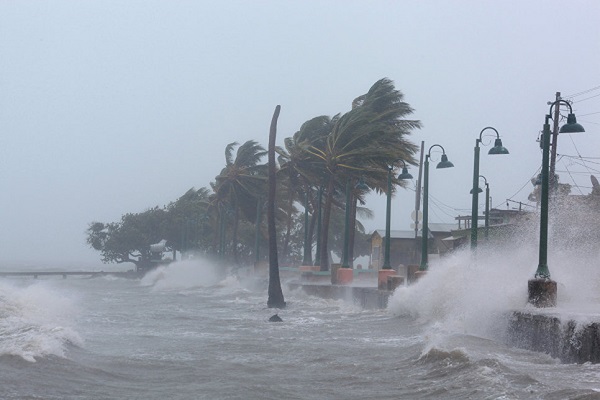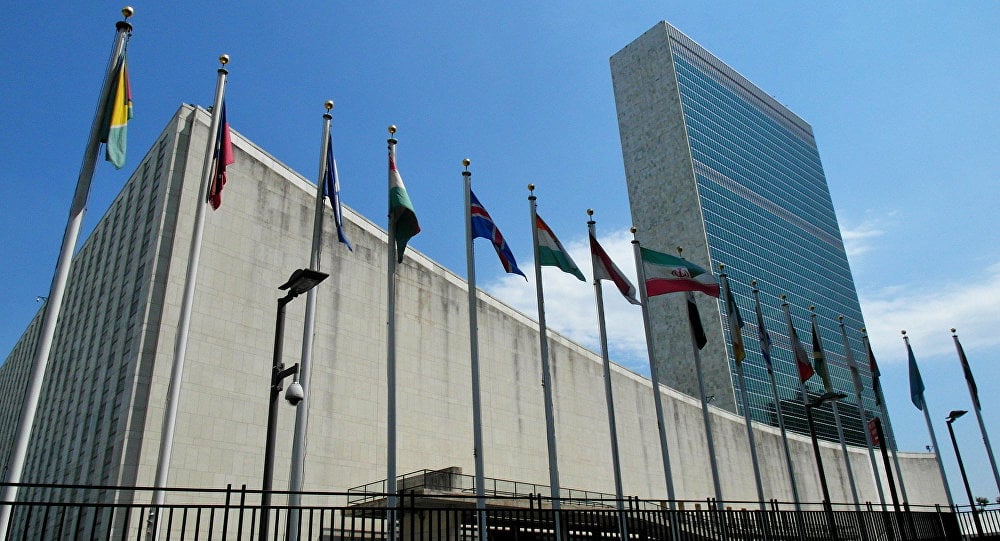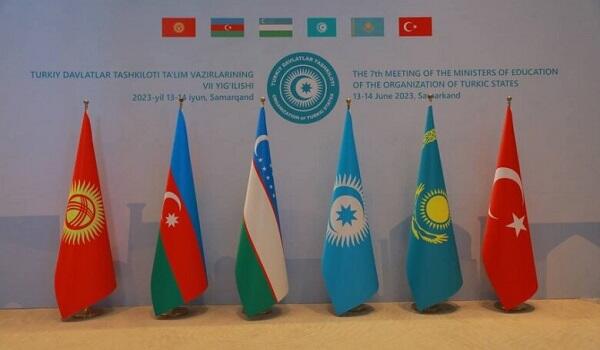China is battling a significant outbreak of the chikungunya virus in its southern Guangdong province, with over 7,000 cases reported since July 2025. The mosquito-borne disease, previously rare in China, has triggered a strong public health response reminiscent of the early COVID-19 measures.
Axar.az, citing BBC, reports that Foshan city, the epicenter of the outbreak, is requiring infected patients to remain in the hospital under mosquito nets and be discharged only after testing negative or after a seven-day stay.
Chikungunya, which spreads through the bite of infected mosquitoes and is not directly contagious between people, causes fever and severe joint pain that can persist for months or even years. While most of the cases reported in China have been mild, nearly 3,000 new infections were confirmed in the last week alone. The virus has now reached at least 12 cities in Guangdong, and Hong Kong confirmed its first case—a 12-year-old boy who had traveled to Foshan.
Authorities are taking multiple steps to curb the spread. These include requiring symptomatic individuals to undergo testing, issuing fines for households that fail to eliminate standing water, and deploying unconventional control measures such as releasing larger “elephant mosquitoes” that prey on virus-spreading mosquitoes, mosquito-eating fish in lakes, and drones to detect stagnant water sources. Although some Chinese citizens have questioned the necessity of such strict actions—especially given the virus is non-contagious—officials stress urgency due to the potential long-term health impacts.
Chikungunya, first identified in Tanzania in 1952, has since spread to more than 110 countries, particularly in South and Southeast Asia and Africa. It typically causes fever, joint swelling, rashes, and muscle pain within a week of infection. While there's no cure, severe illness or death is rare, though the elderly, newborns, and people with existing health conditions are at greater risk. The World Health Organization continues to emphasize vector control—specifically eliminating stagnant water—as the most effective preventive measure.



















































